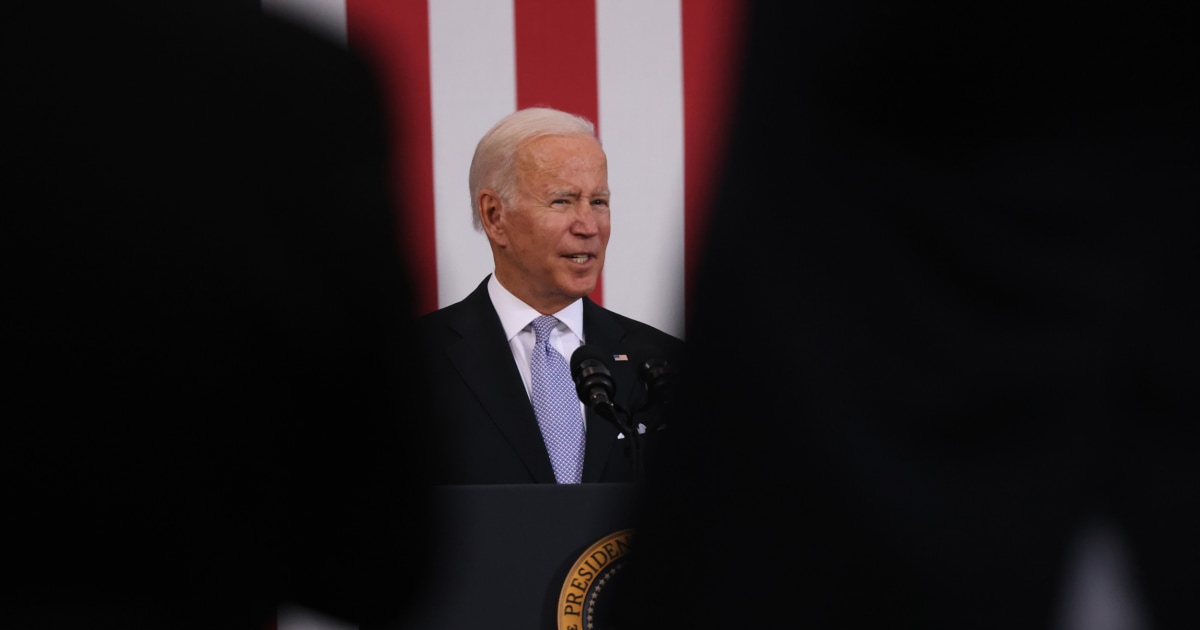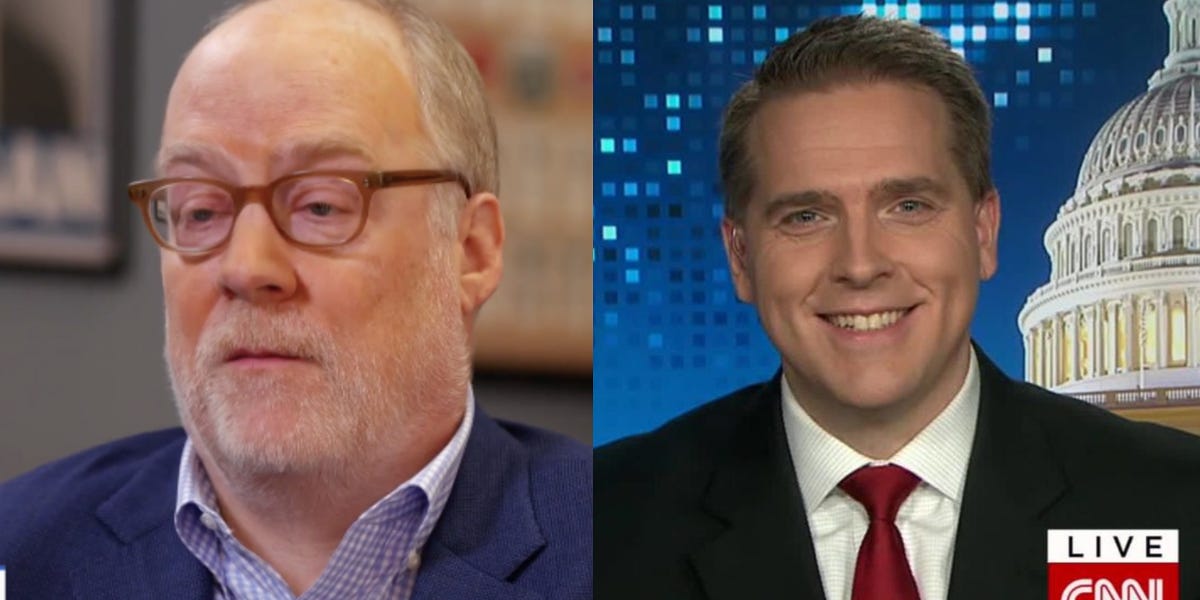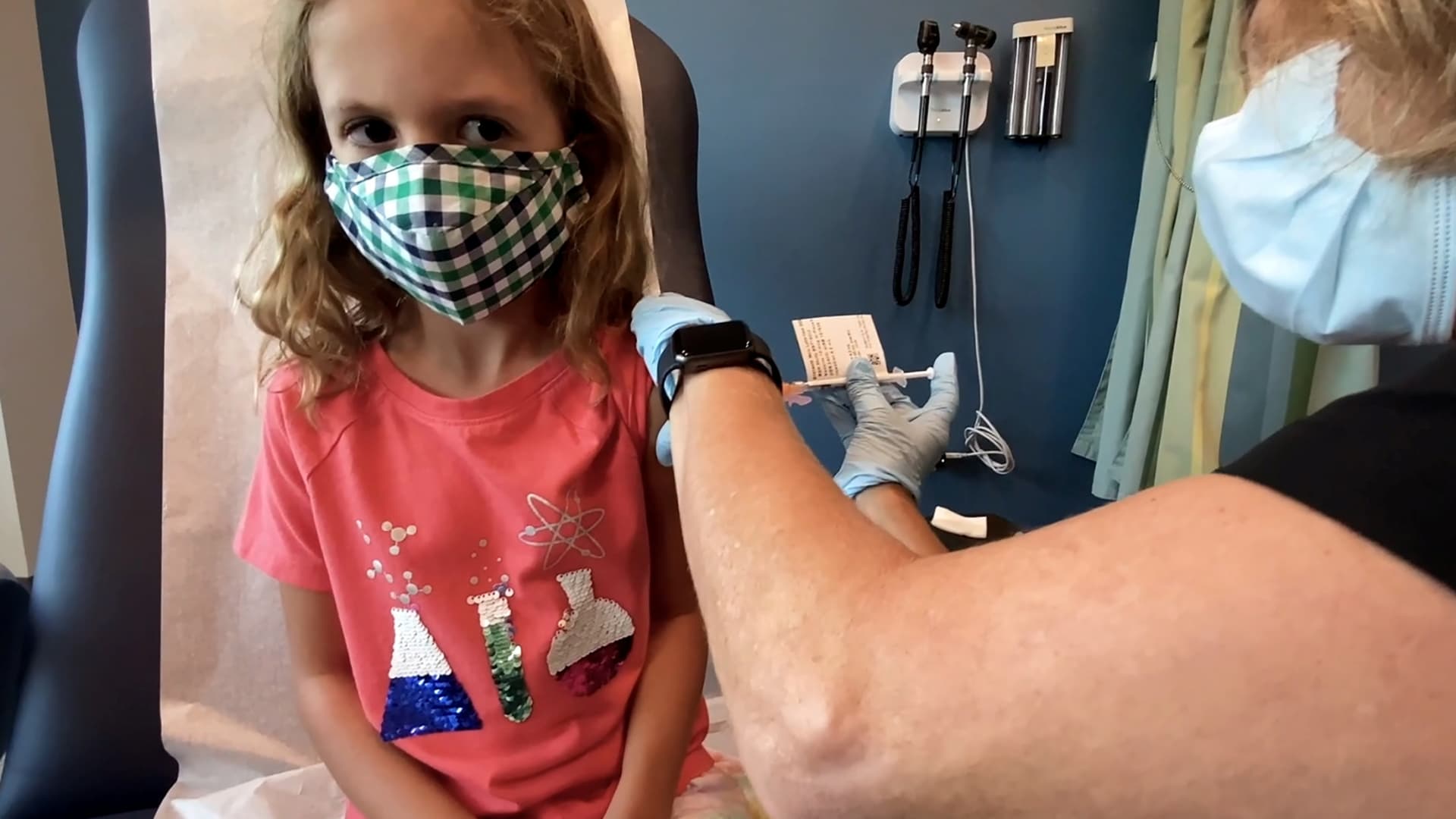Tlozbj
Tektite
- Pronouns
- He/Him
It seems that negotiations on the reconciliation bill are finally reaching their end. Biden will be hosting Manchin and Schumer at Delaware to finish the framework, while the House expects things to be ready (and pass the BIB) by Wednesday.
While NBC has compiled a list of things that may be out, and things that are still likely to remain in the final package. However, they do not cover all of the original programs of the $3.5T, because of how their status is unknown overall in this negotiations.

 www.nbcnews.com
www.nbcnews.com
While NBC has compiled a list of things that may be out, and things that are still likely to remain in the final package. However, they do not cover all of the original programs of the $3.5T, because of how their status is unknown overall in this negotiations.
A. WHAT’S (LIKELY) IN
1. A national four-week paid family and medical leave plan, down from the initially proposed 12 weeks. Qualifying reasons for the annual benefit would include recovering from a serious illness, caring for a seriously ill family member or caring for a new child. The White House said the program will provide workers up to $4,000 a month, with a minimum of two-thirds of average weekly wages replaced, rising to 80 percent for the lowest-wage workers.
2. Universal pre-K for 3- and 4-year-olds. The federal government would pay for the entirety of the program for the first three years, and then some of the costs would shift to the states.
3. A one-year extension of the child tax credit. Originally expanded under the Covid relief bill, the credit has resulted in parents getting direct cash payments from the IRS for their kids. The White House has estimated that the tax credit has slashed the country's child poverty rate in half. It provides a monthly child cash allowance of $300 per child under 6 years of age and $250 per child 6 to 17 years old for families with qualifying incomes.
4. For those using Medicare, $800 vouchers to help cover annual dental costs. The original proposal would have expanded Medicare coverage to include dental care.
5. Funding for child care centers to offset the cost for families and reinforce the industry's workforce, made up mostly of women of color. The industry was hit particularly hard by the pandemic, and officials believe easier access to child care will make it easier for parents to get back to work.
6. Increases to Pell Grants for low-income college students. The Pell Grant program is the primary college financial aid program for students in need, helping more than 6.7 million of them last year. The proposal would increase the current maximum of $6,495 in assistance a year by $500.
7. Unspecified climate change funding, including tax credits for green technology.
8. Elder care provisions, including increasing home health care funding and reducing health care premiums. The plan originally called for a $400 billion investment in expanding home and community based services, but is expected to be scaled back.
9. A boost to Affordable Care Act subsidies for those using the federal system to buy insurance, making it more affordable.
10. A public option for individuals who can’t get Medicaid in their state. The move, championed by Rep. Jim Clyburn, D-S.C., and Sen. Raphael Warnock, D-Ga., would make it easier for more than 2 million poor people in states that rejected expanding the ACA to get coverage.
B. WHAT’S (PROBABLY) OUT
1. Free community college. The plan originally would have included two years of free community college, which would have cost the government $109 billion.
Expanded Medicare coverage that would include dental, vision and hearing benefits, an effort that had been championed by Sen. Bernie Sanders, I-Vt.
2. The Clean Electricity Performance Program, which would pay electric utility companies that switch from fossil fuels to renewable or clean energy sources and fine those that don’t. The measure is opposed by Sen. Joe Manchin, D-W.V., but Biden said Thursday he's still hopeful it will be included.
3. Tax rate hikes on corporations and top income earners, which are opposed by Sen. Kyrsten Sinema, D-Ariz. The White House has looked for other ways to tax businesses and the wealthy and continues to insist any deal will include some new revenues for the government.
1. A national four-week paid family and medical leave plan, down from the initially proposed 12 weeks. Qualifying reasons for the annual benefit would include recovering from a serious illness, caring for a seriously ill family member or caring for a new child. The White House said the program will provide workers up to $4,000 a month, with a minimum of two-thirds of average weekly wages replaced, rising to 80 percent for the lowest-wage workers.
2. Universal pre-K for 3- and 4-year-olds. The federal government would pay for the entirety of the program for the first three years, and then some of the costs would shift to the states.
3. A one-year extension of the child tax credit. Originally expanded under the Covid relief bill, the credit has resulted in parents getting direct cash payments from the IRS for their kids. The White House has estimated that the tax credit has slashed the country's child poverty rate in half. It provides a monthly child cash allowance of $300 per child under 6 years of age and $250 per child 6 to 17 years old for families with qualifying incomes.
4. For those using Medicare, $800 vouchers to help cover annual dental costs. The original proposal would have expanded Medicare coverage to include dental care.
5. Funding for child care centers to offset the cost for families and reinforce the industry's workforce, made up mostly of women of color. The industry was hit particularly hard by the pandemic, and officials believe easier access to child care will make it easier for parents to get back to work.
6. Increases to Pell Grants for low-income college students. The Pell Grant program is the primary college financial aid program for students in need, helping more than 6.7 million of them last year. The proposal would increase the current maximum of $6,495 in assistance a year by $500.
7. Unspecified climate change funding, including tax credits for green technology.
8. Elder care provisions, including increasing home health care funding and reducing health care premiums. The plan originally called for a $400 billion investment in expanding home and community based services, but is expected to be scaled back.
9. A boost to Affordable Care Act subsidies for those using the federal system to buy insurance, making it more affordable.
10. A public option for individuals who can’t get Medicaid in their state. The move, championed by Rep. Jim Clyburn, D-S.C., and Sen. Raphael Warnock, D-Ga., would make it easier for more than 2 million poor people in states that rejected expanding the ACA to get coverage.
B. WHAT’S (PROBABLY) OUT
1. Free community college. The plan originally would have included two years of free community college, which would have cost the government $109 billion.
Expanded Medicare coverage that would include dental, vision and hearing benefits, an effort that had been championed by Sen. Bernie Sanders, I-Vt.
2. The Clean Electricity Performance Program, which would pay electric utility companies that switch from fossil fuels to renewable or clean energy sources and fine those that don’t. The measure is opposed by Sen. Joe Manchin, D-W.V., but Biden said Thursday he's still hopeful it will be included.
3. Tax rate hikes on corporations and top income earners, which are opposed by Sen. Kyrsten Sinema, D-Ariz. The White House has looked for other ways to tax businesses and the wealthy and continues to insist any deal will include some new revenues for the government.

Democrats near deal on pared-back spending bill. Here is what’s likely in — and out.
Universal pre-K and money for elder care are likely to be included in the bill, while free community college and expanded Medicare coverage are likely out.



